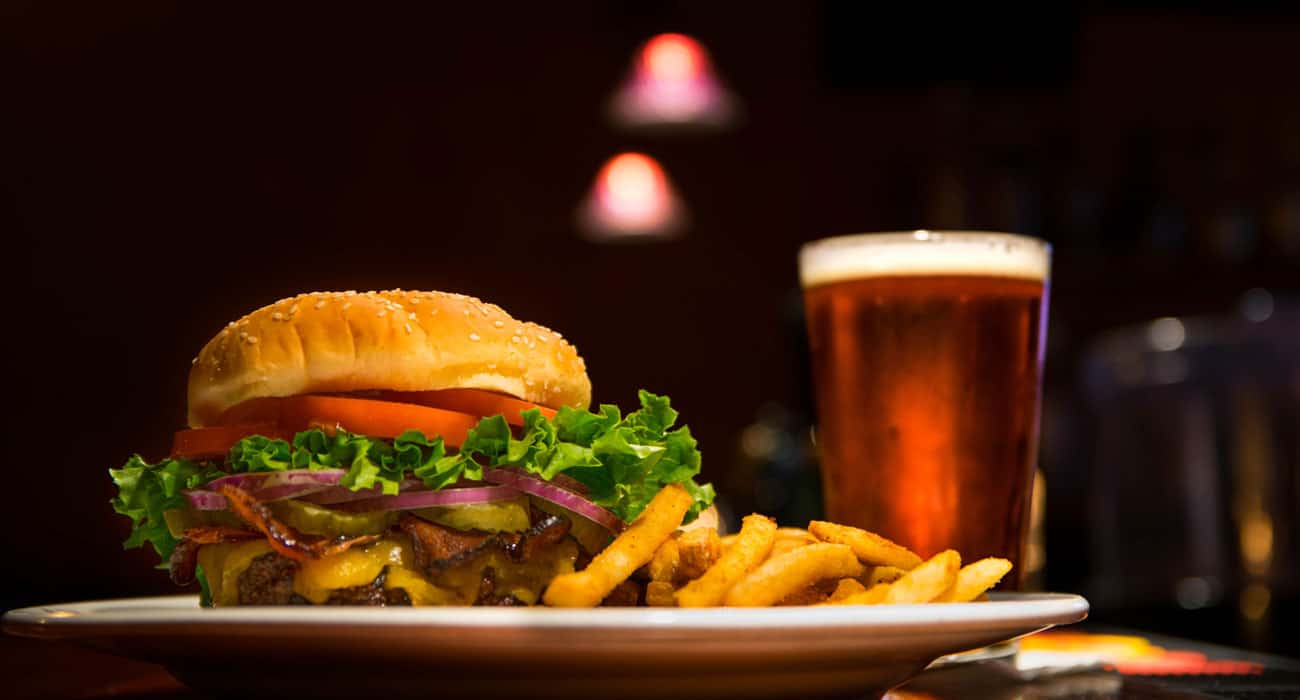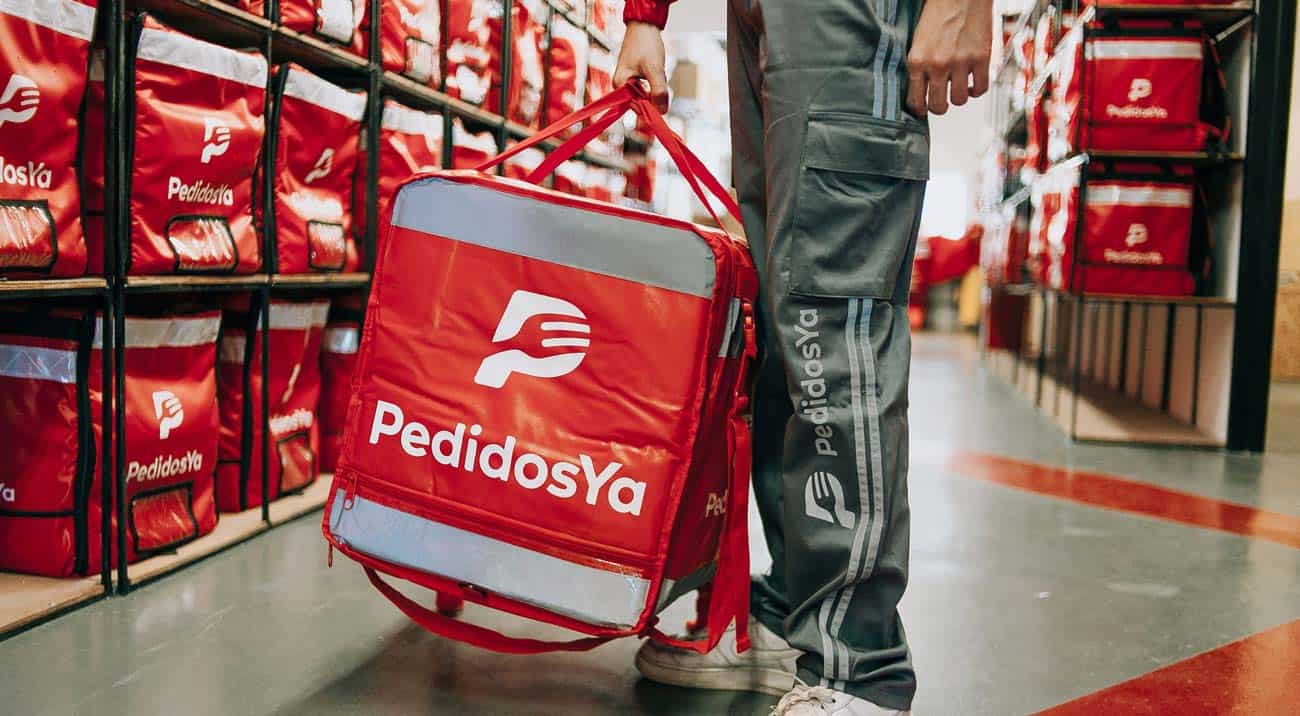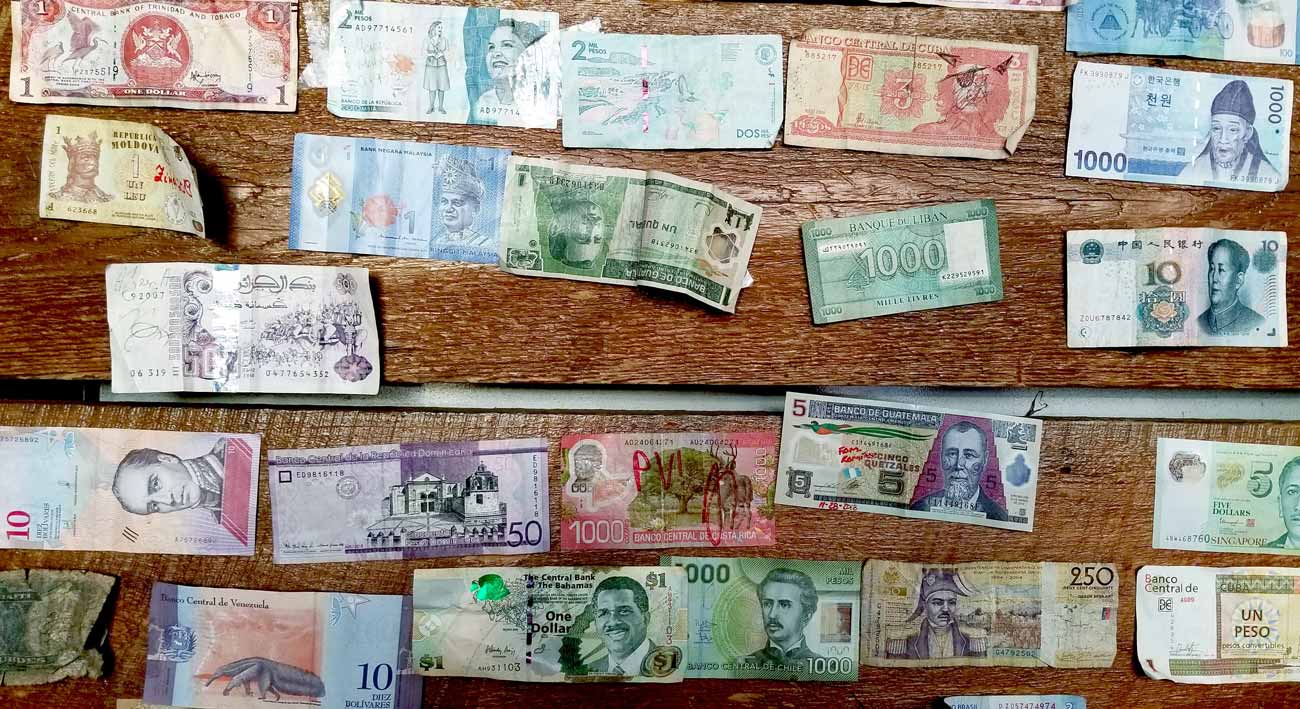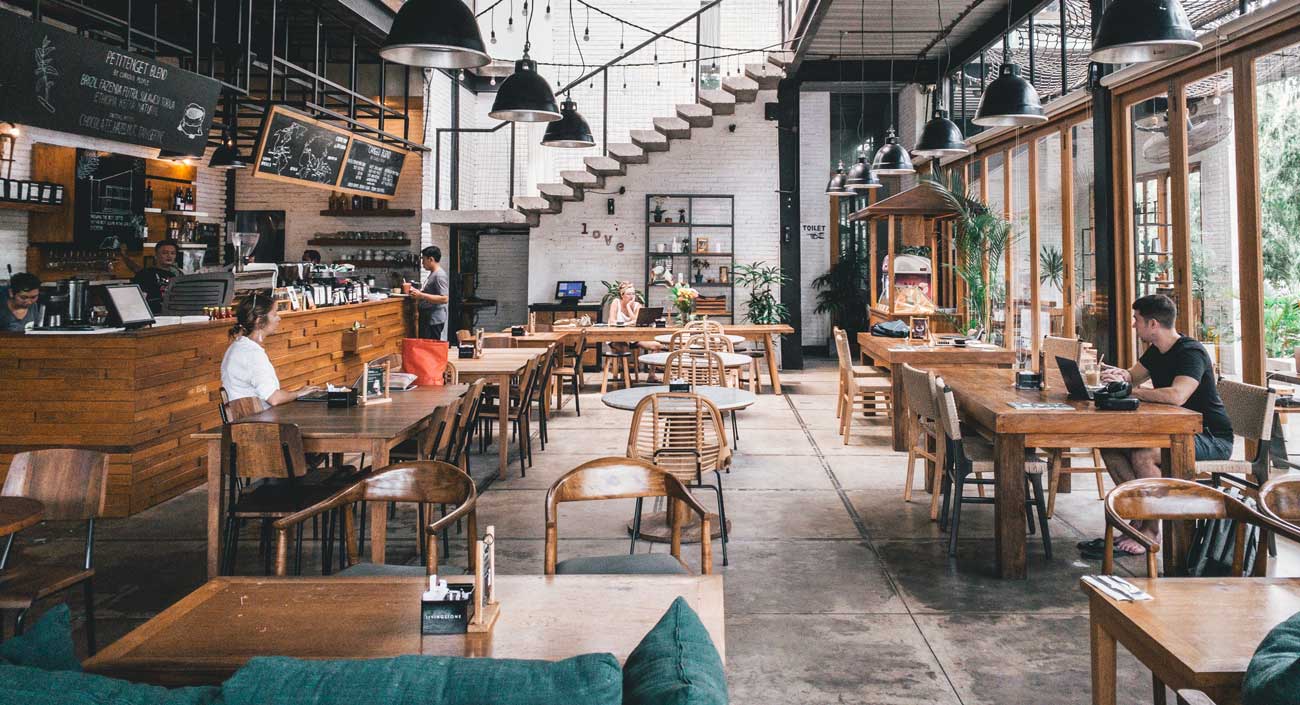Contxto – The future is plant-based. At least that’s what Fazenda Futuro envisions. To convert carnivores into herbivores without them even realizing it, this foodtech startup recently raised a US$8.5 million Series A round led by monashees.
In Summary
Meaning “Future Farm” in Portuguese, Fazenda Futuro is a Brazilian foodtech company aiming to turn plants into meat replicas both in terms of taste and texture but with less animal violence and carbon emissions.
Interestingly enough, the company began only three months ago. Following the Valley trend, Fazenda Futuro is one of many startups skipping the seed round and going straight for Series A. According to the Brazil Journal, the investment round led by monashees valued the startup at US$100 million.
While part of this valuation results from the huge market trend, much of it has to do with the product itself. At this stage, investors can only bet on the founders and their ability to execute operations.
This is understandable once you realize that founders Marcos Leta and Alfredo Strechinsky previously launched a beverage brand called Do Bem. They sold it to Ambev in 2016. Not only do they have previous entrepreneurial experience but also exposure in the industry.
In-Depth
If any Latin American venture capital fund has an amazing track record, it’s monashees. Although Fazenda Futuro is still a very early-stage startup, not to mention both the amount raised and valuation seem a bit loco, this is exactly the type of deals we need in Latin America for that much anticipated regional boom; read my rant about the Latin American VC industry here.
Go4it Capital, the manager of Marc Lemann and Cesar Villares, also joined the round as angel investors. The fresh funding will allow the Fazenda Futuro to grow nationally and enhance its production capacity, which is currently only 150 tons on a monthly basis.
The startup’s first product, Future Burger, is definitely performing better than expected. This is why Fazenda Futuro wants to increase production to 550 tons per month while also adding new products to its menu.
Moreover, this round will increase the startup’s runway for 18 more months of operations. This includes its strategic investments for growth, the founder informed the Brazil Journal.
Follow the recipe
Fazenda Futuro treats its product as if it was software. Meaning, the company frequently tests and monitors consumer feedback to develop the best ingredient and market combinations.
Originally, Fazenda Futuro launched a Future Burger 1.0 after traveling around the United States and Europe. For this, it hired a skilled engineering team to concoct the perfect recipe. This process took two years.
Currently, the burger is a combination of plant-based ingredients such as pea protein, soy protein and chickpeas. There is even beetroot to “simulate” bleeding meat.
“We use artificial intelligence to study the molecules that comprise meat, and we’ve done a lot of sensory testing to calibrate the optimal amount of each ingredient,” said Leta. “Prior to version 1.0, we created nine different versions. Our idea is to constantly update the product, like software.”
Soon, Fazenda Future intends to launch its 2.0 version of the hamburger based on feedback from early consumers. The product is definitely demonstrating traction, already available in nearly two thousand outlets in five Brazilian states.
While Fazenda Futro has tremendous partnerships with big retail groups such as Grupo Pao de Açucar, Carrefour and Walmart, there is still a market inhibitor to its boom. Particularly, the price. Real meat is still cheaper and more affordable for the majority of Brazilians. Honestly, it’s just a matter of unit economics.
According to the founders, they will eventually be able to compete or at least match the price. First, they must start producing more than 1,200 tons on a monthly basis. Until then, their go-to-market strategy is actually more ambitious than you would think.
A growing industry
No, this startup isn’t just targeting nostalgic vegans craving a nice, meaty, juicy burger. It’s also trying to appeal to meat-lovers, considering big national meatpackers to represent the true competition. In fact, in many retail chains, 70 percent of Fazenda Futuro’s sales went to meat consumers, not vegetarians.
“We want to reach a level of sophistication where people will no longer be able to identify what is herbal meat and what is normal meat,” said Leta.
Eventually, the company will launch new products such as herbal ground beef in partnership with Spoleto. It is also considering to experiment with meat tastes and textures including fish and chicken.
“Meat production demands a lot of resources, such as land and water,” said Leta. “With the increase in per capita consumption of beef and the growth of the world population, there will come a time when there will be a lack of space for production. There simply won’t be enough land to raise cattle for everyone.”
Recently, this industry has been booming in the United States, particularly with famous brands such as Beyond Meat and Impossible Foods. Now, Latin America is gradually catching up and developing its own meat substitutes.
For instance, Fazenda Futuro can look forward to competing with the Chilean frontrunner, The Not Company. While Not Co is currently focusing on dairy products, it already announced plans to launch a meat alternative, too.
What’s interesting about NotCo is its algorithm capable of replicating foods based on molecular structure. Fazenda briefly mentioned how it also uses AI to power R&D, so I will reach out to try and learn more.
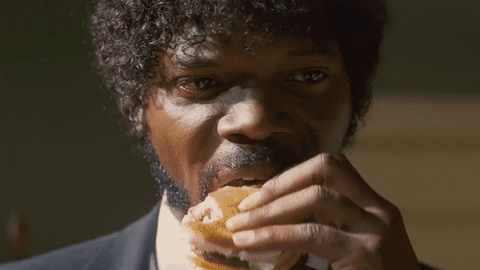
-VC

